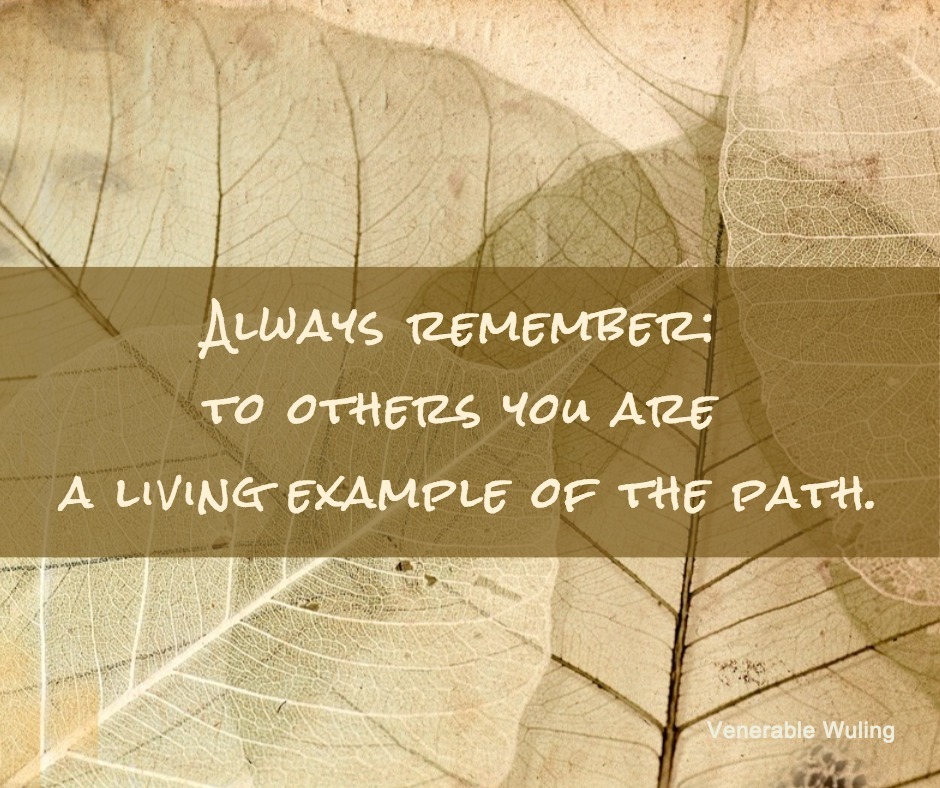 February 5, 2018
February 5, 2018 Whether learning or teaching,
we need Dharma affinities.
A Buddhist teacher needs to successfully practice the principles learned from the sutras and accomplished masters before teaching others.
A student needs to willingly set aside other teachings to focus on only one. Lacking this focus would be like pouring tea into a full cup of coffee. You’d get a cup overflowing with an unpalatable liquid.
Similarly, mixing teachings muddles both. Between the teacher and student, a Dharma affinity needs to exist with the teacher willing and happy to teach the student, and the student willing and happy to learn from the teacher. Such a relationship is essential. Without it even if we were to try to learn from an accomplished master our learning would be limited as we would not feel all that inspired to practice. Better to learn from a less accomplished master because having an affinity with our teacher, we will take in much more of the teachings.
And actually practice them.

